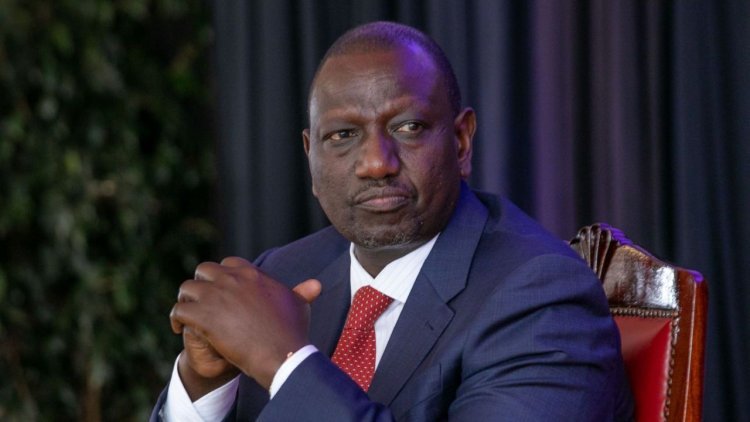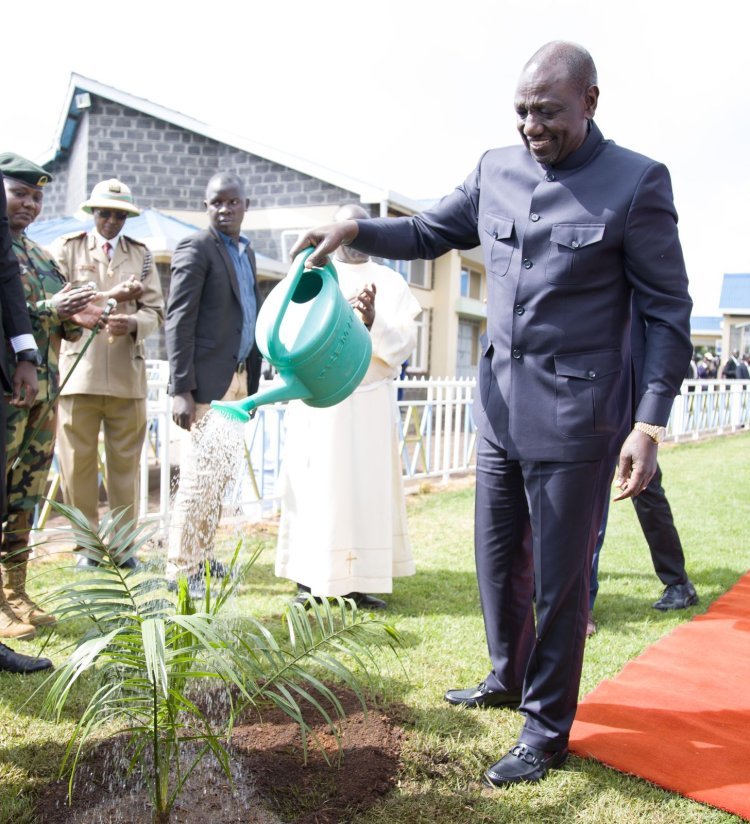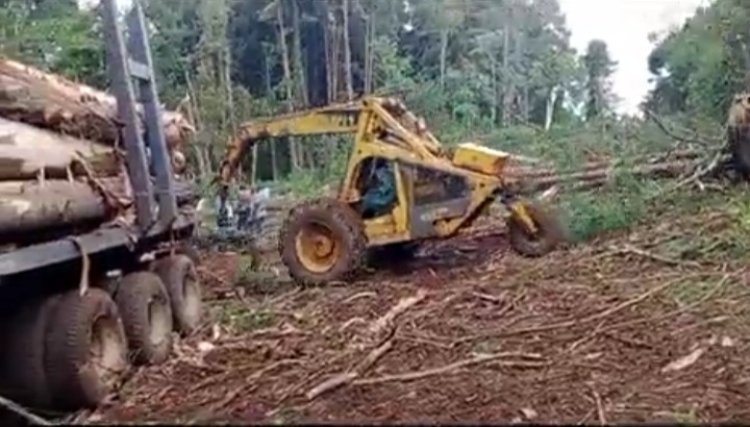Blow To Ruto As Court Blocks Directive On Logging
The suspension came after Justice Oscar Angote termed the application filed by the Law Society of Kenya (LSK) as duly merited and certified as urgent by the Court.

The Environment and Lands Court on Wednesday, August 2 temporarily suspended President William Ruto's directive which lifted the nationwide ban on logging for the first time in five years.
The suspension came after Justice Oscar Angote termed the application filed by the Law Society of Kenya (LSK) as duly merited and certified as urgent by the Court.
Also suspended was the introduction of the Shamba system, with Justice Angote further asking the Respondents, including the Attorney General and five other interested parties to file their responses in five days.
“Orders are granted staying the Government directive on the revocation of the Gazette Notices previously issued for de-gazettement of Forest areas/designating areas as Forests and the re-introduction of the Shamba System.

President William Ruto waters a seedling in Molo, Nakuru County on July 2, 2023. /PCS
"The Petitioner, which in this case is the Law Society of Kenya (LSK) has leave to file a Further Affidavit within 3 days of service," ruled Justice Angote.
The judge also ordered that the application be heard inter partes virtually on Monday, August 14, at 10 am when the court will review the orders before issuing directions.
Justice Angote also granted LSK three prayers LSK had sought which included the blocking of the implementation of President Ruto's orders on logging, which was termed as a win for the Lawyers' body.
LSK argued that logging can be a difficult exercise to regulate, thus exposing many forests to illegal logging.
“The government has indicated its push and commitment targeting to plant 15 billion trees over the next seven years to restore 10.6 million hectares (26.2 million acres) of degraded land and enlarge forest cover to 30 per cent.
"This is after the region was hit by its worst drought in four decades last year. Previously, the Head of State has been involved in tree planting campaigns, that now seem mere political rhetoric as with the recent pronouncements on the logging,” read court papers.
President Ruto on Sunday, July 2 revealed that the decision to scrap the ban was motivated by the need to open up the economies of areas that depend on forest products.
Ruto alleged that mature trees were decaying in forests, causing hardships among locals who rely on forest produce to earn a living, poking holes in the country's move to import timber.
Going forward, he announced that those who import furniture would have to pay tax since he wants furniture made within the country.
"Trees are decaying in the forest and people are struggling to get timber. Do you see the foolishness?
"We have lifted the ban so that we can harvest mature trees. Whoever imports furniture will be taxed because we want all that to be made in the country," he stated.
However, conservationists argued that the move would lead to increased deforestation and damage to Kenya's forests.
"Only mature trees will be harvested, and new trees will be planted to replace those that are cut down. Forests can be managed sustainably to provide both economic benefits and environmental protection," Ruto countered.
Environmentalists still claimed that lifting the ban would lead to increased deforestation and damage to forests, arguing that forests play an important role in regulating the climate and providing water for people and wildlife.







